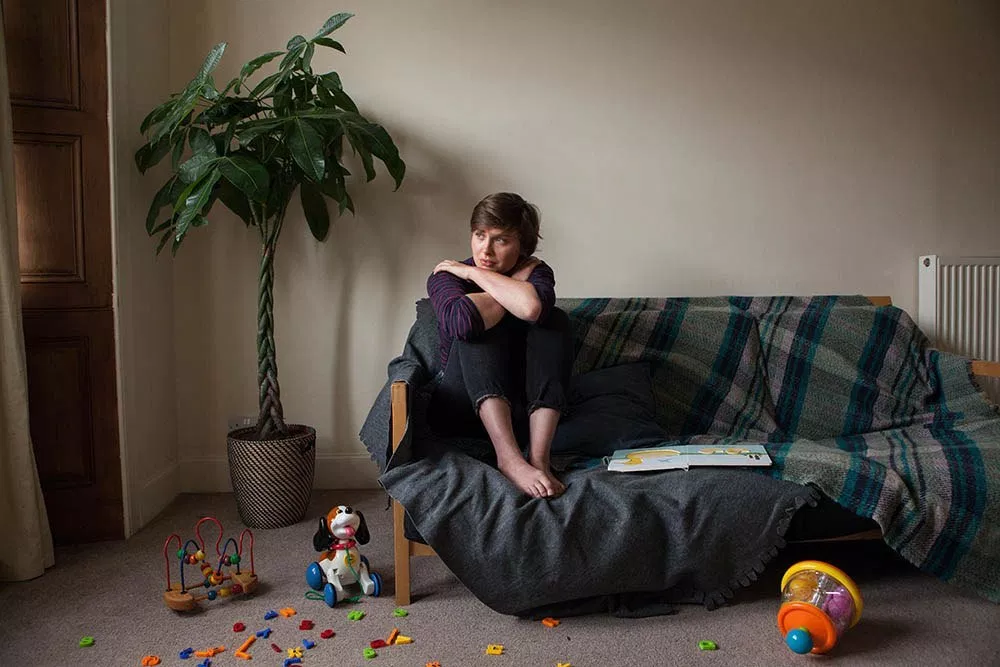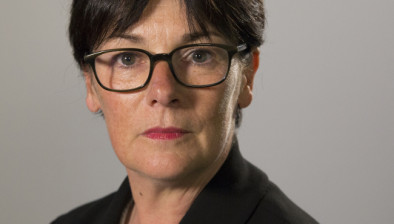Domestic Abuse Scotland Bill passed by Scottish Parliament
Legislation has been passed giving more powers to police and courts and social landlords to protect people at risk of domestic abuse.

The Domestic Abuse (Protection) (Scotland) Bill will enable police and courts to ban suspected abusers from re-entering the home and from approaching or contacting the person at risk for a period of time to enable them to consider their longer-term options around safety and housing. The Bill will also allow social landlords to end or transfer the tenancy of a perpetrator of domestic abuse to the victim.
Justice secretary Humza Yousaf said the measures should reduce the risk that victims of domestic abuse end up having to become homeless in order to escape their abuser.
He added: “This Bill is building on our legislation which gave police and prosecutors greater powers to target those who engage in coercive or controlling behaviour.
“A person’s home should be a place of safety and we know that is not always the case. Women are disproportionately victims of domestic abuse with four in five victims being women.
“This Bill represents a significant shift forward in ensuring protection can be put in place for women, in particular, from domestic abuse
“The protections in the Bill through the new scheme of domestic abuse protection notices and orders will make a real difference to the lives of many.”
Callum Chomczuk, national director of CIH Scotland, said: “We very much welcome the passing of the Bill which will improve the housing rights of victim-survivors.
“We know domestic abuse is the principle cause of homelessness for women but the law did not previously give enough protection to victim-survivors to safeguard their housing rights. This legislation will now give victims of domestic abuse housing rights and options that were previously unavailable- including the option of staying in their home. A key ask from our domestic abuse campaign, Make a Stand.
“However, we also recognise that legislation alone cannot improve housing outcomes for victims of domestic abuse and believe the development of the accompanying guidance, including provisions on how to rehouse perpetrators, will be crucial in supporting social landlords improve housing and homeless services. We look forward to working with the government to develop this guidance.”
Domestic abuse is the leading cause of women’s homelessness in Scotland. In December 2015, Scottish Women’s Aid published Change, Justice, Fairness – a research report co-produced with women with lived experience of homelessness as a result of domestic abuse, who volunteered their time as community researchers. One of the recommendations they put forward in their report was the need for new legislation to protect women and their children’s rights to remain in their home.
One of the community researchers (anonymous survivor) who worked on that report said today: “At last women get to remain in their own home, don’t have to relocate to a new area where they don’t know anybody, when at such a difficult time they need their family and friends around them – and men are finally being held accountable for their actions. We once asked as a group, why can’t the perpetrator be removed? Well now it’s here, totally brilliant.”
Dr Marsha Scott, chief executive of Scottish Women’s Aid, added: “The passing of this Bill is a milestone moment for women, children and young people experiencing domestic abuse who for years have asked us why it should be them, rather than their abusers, who have to leave their homes, pets and belongings to seek safety.
“Domestic abuse is the leading cause of women’s homelessness in Scotland and this Bill will make an immediate and significant difference for those women and their children – granting them some safety and breathing space to seek support, to explore their housing options, and to consider life without an abuser in the next room controlling every move they even think about making.
“This legislation fills a giant gap in Scottish law by upholding the rights of women and children living with domestic abuse to stay safely in their own homes if they choose, and we look forward to working with the Government, and other partners, on implementation and evaluation.”









